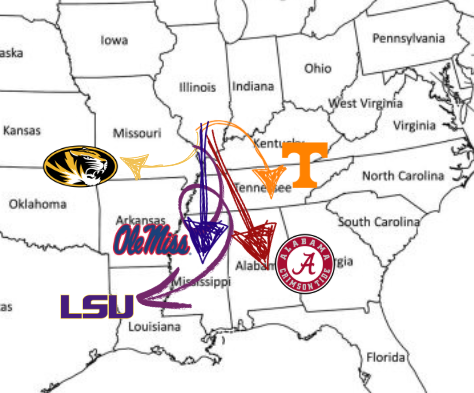Test-Optional College Admissions Allow Holistic Review of Students
August 28, 2020
During a normal school year, many seniors spend August finishing up essays for college applications, compiling a list of the schools they want to apply to and evaluating if they want to retake the ACT or SAT to improve their chances for admissions and scholarships.
In the age of COVID-19, however, many have not had the luxury.
Beginning mid-March, students lost the opportunity to either retake the tests or take them for the first time. While this posed an issue for students, colleges and universities also lost one of the main criteria they use for admissions.
While a few schools had already transitioned to test-free applications, the majority have had to make a rapid switch.
Approximately 60 percent of colleges are now test optional for at least 2021 admissions, according to NBC Pittsburgh.
Besides many students lacking test scores, many high schools went pass/fail for the second semester of the 2020 school year. Given this scenario, colleges and universities cannot rely on looking at full GPAs.
“We’ve asked students to give us what they might have available to them,” Kedra Isop, vice president for enrollment management at University of Southern California told NPR News. “So we may not normally use [Advanced Placement] scores, or writing samples, but we’ve told the students give us what you think best represents you in an academic space and let us see what we can do with that.”
While it may be frustrating for students to not know exactly what to send or how to make themselves stand out to an admissions board, I believe this change to a more holistic review of students is long overdue.
It will be a rocky transition and not without problems, but students work hard throughout their high school careers, putting energy into different clubs and activities, volunteering and developing their character, all things that are not reflected in a test score or GPA.
“You know you’ll be judged as more than a score,” Robert Schafer, interim director of Fairtest, told US News. “What you’ve done in your classes over several years in high school will mean more than how well you filled in bubbles on a Saturday morning.”
The change has not been welcomed by all, particularly College Board and ACT, who released in separate statements that they believe “exams remain vital to the admissions process.”
Evaluating how successful a student will be by a single test score has been outdated for a long time. This rapid change is a step in the right direction for colleges to take a deeper look at students beyond their test scores and GPA.











